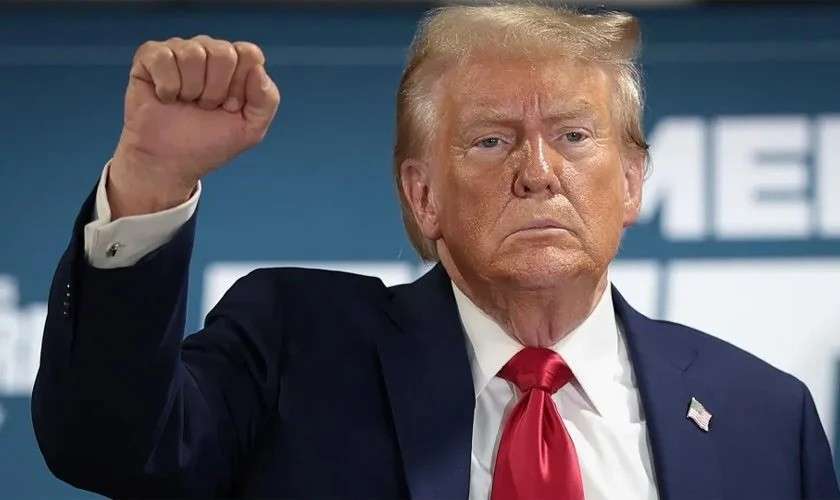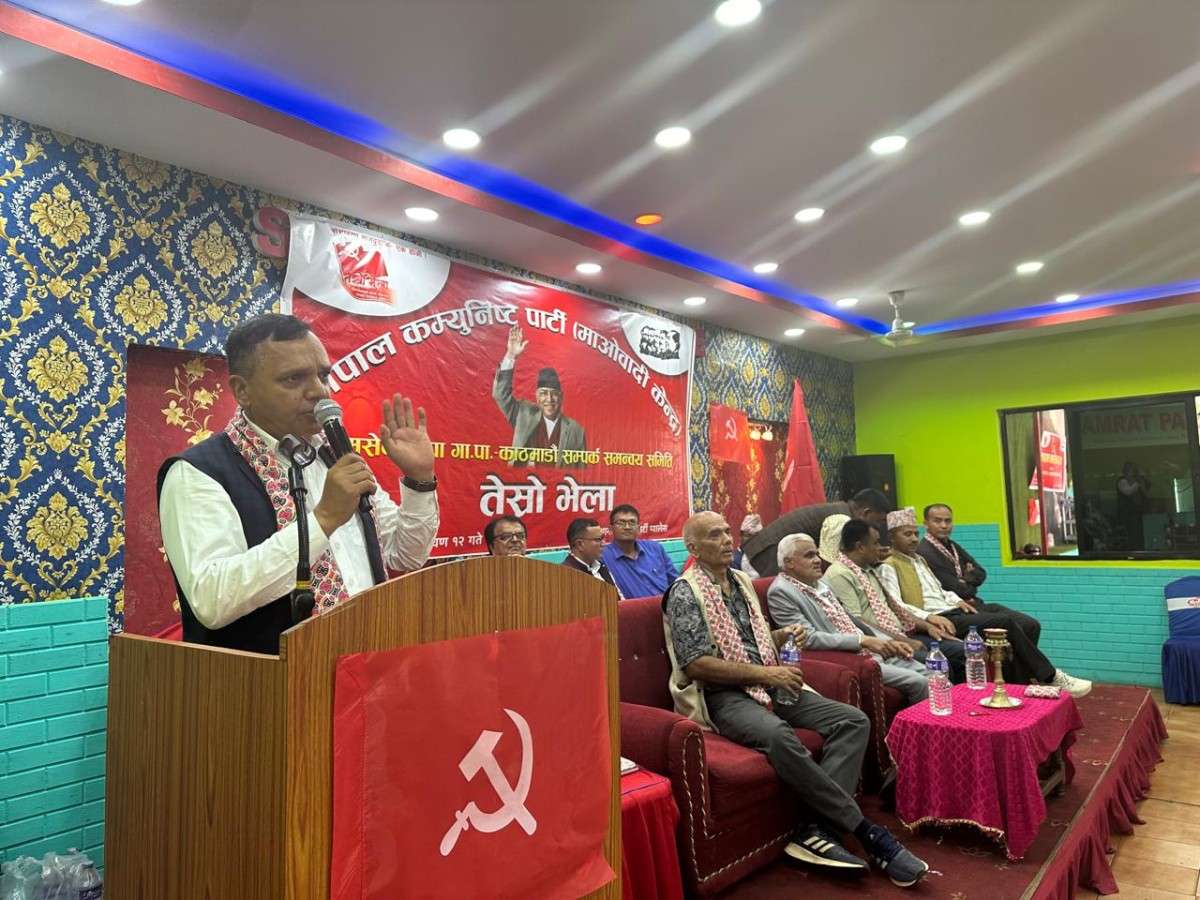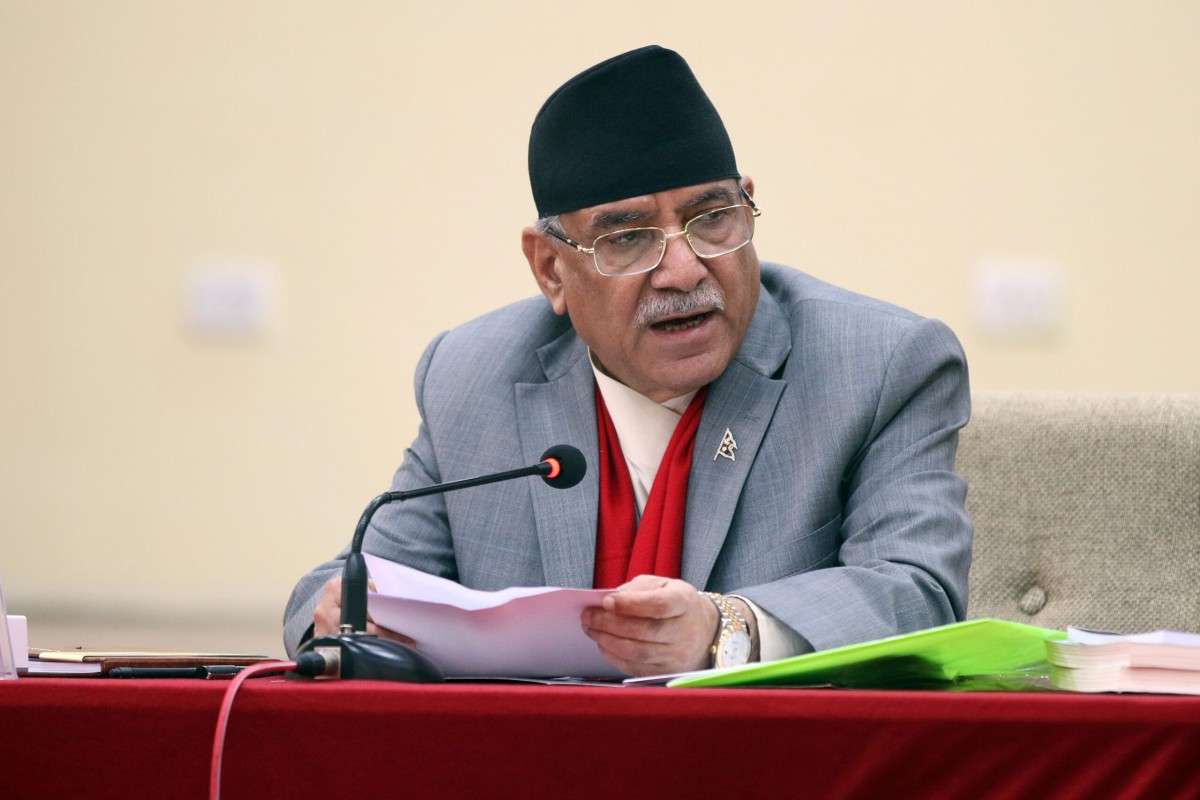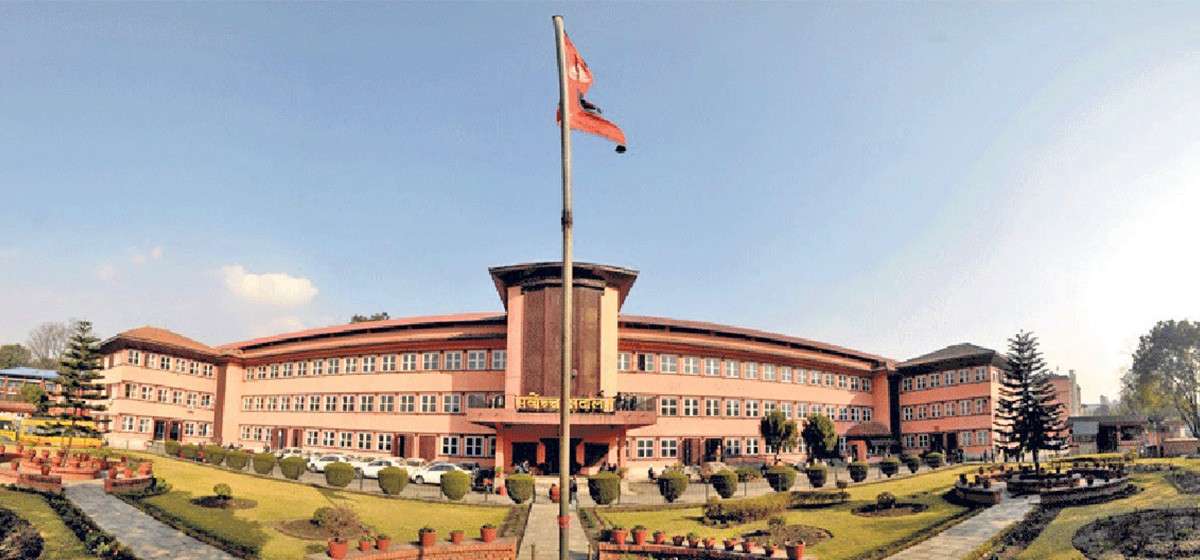Missing heads
- Ganesh BK
- 14-05-2023 06:09

missing-heads-
The country is reeling under a serious financial crisis. People are burdened by sky-high inflation. The departure of outbound migrant workers from Tribhuvan International Airport in search of jobs abroad has turned into an exodus. Hundreds of victims of loan sharks, cooperatives and microfinance companies are camping at Maitighar every single day to draw the attention of the government officials and parliamentarians.
In recent months, one after another, corruption cases have come to light, such as the fake Bhutanese refugee scam, Lalita Niwas land grab and gold smuggling. But the country's lawmakers seem oblivious to these pressing problems and there has been no serious debate in the House on their resolution.
Over eight months after lawmakers were elected from the November 20, 2022, polls and more than seven months after the first meeting of the new House of Representatives on January 9, the lower house committees are yet to get their chairpersons. In the absence of the elected chairs, the panels are now led by the oldest members of the committees, which is an ad-hoc arrangement. Had the parliamentary committees been fully functional, the various thematic panels could have made progress on all the vital issues mentioned above. The full House meetings are routinely disrupted. Even when the meetings do happen, lawmakers tend to use them to make generic statements or to disparage their political opponents. Given its size, it is also impractical to expect the House to discuss the issues minutely.
This is where the thematic committees, which are considered workshops of the Parliament, enter the picture. They can take up specific issues, conduct a thorough study, and offer solutions to government agencies. Even on complex matters, the committees can get to the crux of the issue, which they do by forming subcommittees, going on field visits, summoning concerned officials, and even inviting independent experts. In general, traditionally, the committees that have had a clear focus, done fieldwork and undertook thorough investigations have been successful. A case in point is the investigation into the Sudan scam by the State Affairs Committee of the lower house. Right now, there are no better entities than these committees to maintain supervision and oversight of government activities. Effective House committees thus make government agencies accountable.
reference
https://kathmandupost.com/editorial/2023/07/24/missing-heads





.jpg)





Conversation